A Guide to Solar Energy
Fratantoni Luxury Estates • November 14, 2016
Solar energy systems are now more varied, reliable and cost-effective, and solar energy can be harnessed to power almost anything under the sun. With growing usage, this renewable source of energy will have a major beneficial impact on our carbon footprint. Solar energy systems range from powering a region to heating a house or pool. Many of the solar at-home systems come with substantial federal, state and local credits, as well as utility-granted incentives. When considering the use of solar energy, take the time to explore ways you can integrate solar energy systems in your home to choose the best option for you.
Powering the Home: On the Grid vs. Off the Grid
On the Grid
Off the Grid
Solar Heating Alternatives
The post A Guide to Solar Energy appeared first on Fratantoni Luxury Estates.

One of the most common questions we receive at Fratantoni Luxury Estates is, how long does it take to build a high end custom home? The honest answer is that there is no universal timeline for a fully custom luxury home. Every estate we design and build is entirely unique. Location, square footage, architectural style, level of detailing, engineering requirements, permitting jurisdiction, interior selections, and outdoor amenities all influence the total build time. A modern desert estate in Arizona will have a very different timeline than a French Chateau inspired residence with intricate stonework, hand carved millwork, and imported materials. A 6,000 square foot custom home is vastly different from a 20,000 square foot estate with guest houses, wine cellars, wellness suites, and resort style outdoor living. When building a high end custom home, timelines are determined by complexity, not averages. For most luxury custom homes, the full process from initial architectural design to final completion typically ranges from 18 to 36 months or more. Larger estates with extensive architectural detailing may extend beyond that range.
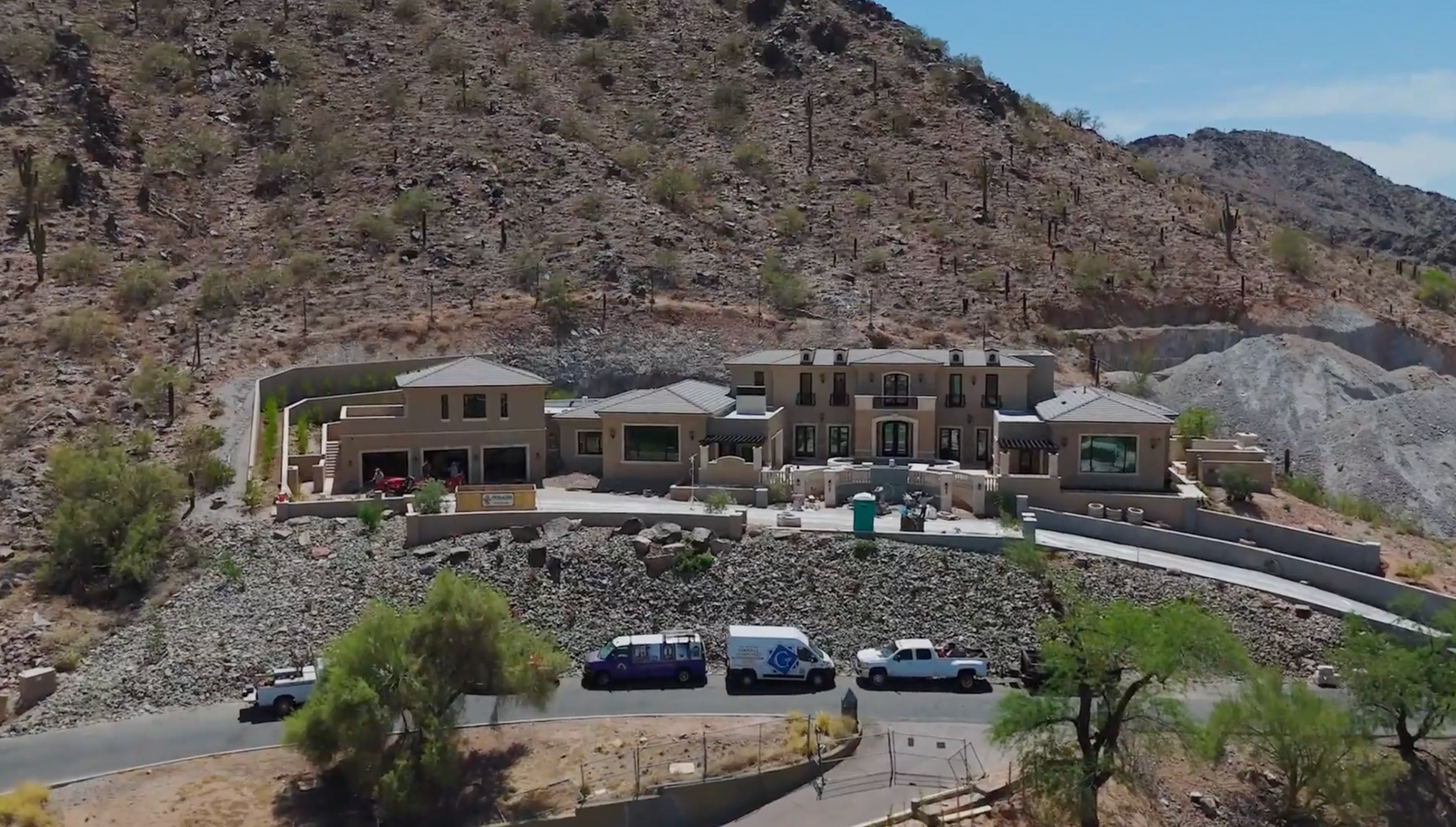
When building a luxury custom home, lot selection is one of the most important financial and architectural decisions you will make. The slope of the land, the community location, the orientation, and the size of the homesite all directly influence architectural design, structural engineering, site development, and overall construction cost. At Fratantoni Luxury Estates, this has been clearly demonstrated in projects such as French Luxury known as "Castle on the Hill" in Silverleaf, Mediterranean Elegance in Paradise Valley, and within New Jersey Palmetto's architectural plans. Each property presented unique lot conditions that shaped both the design vision and the construction investment. Below is how real lot conditions from these projects impacted design and cost.
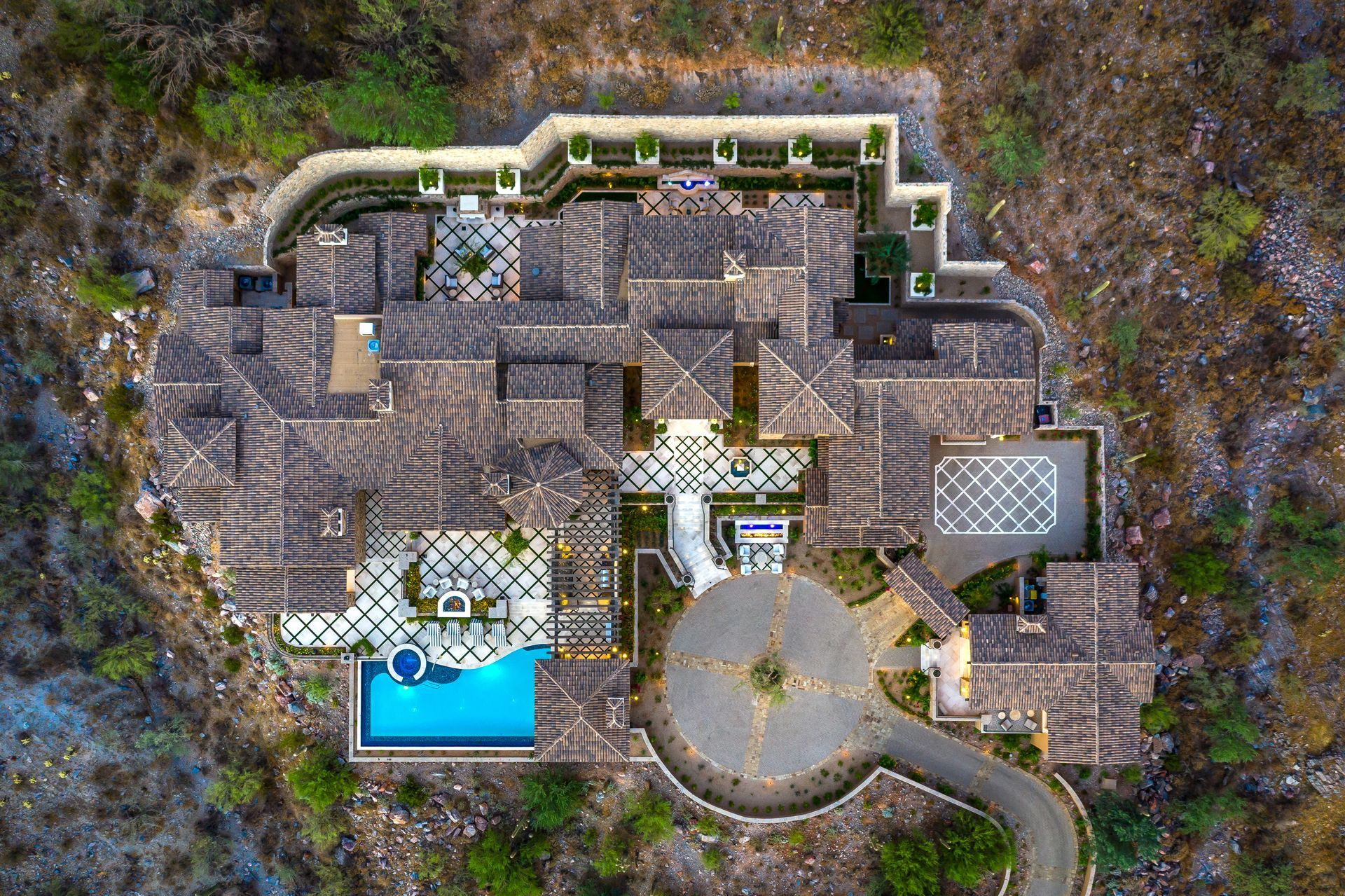
When planning a custom luxury home, one of the most important early decisions a homeowner will make is choosing between a design build approach and a traditional building approach. Both methods can produce extraordinary residences, yet the structure behind each process influences timeline efficiency, communication flow, cost alignment, and overall homeowner experience. For individuals working with a custom luxury home builder or a full service luxury home construction company, understanding the distinction between these two delivery models is essential. In high end residential construction, the path selected at the beginning often shapes the quality, cohesion, and long term satisfaction of the finished estate.
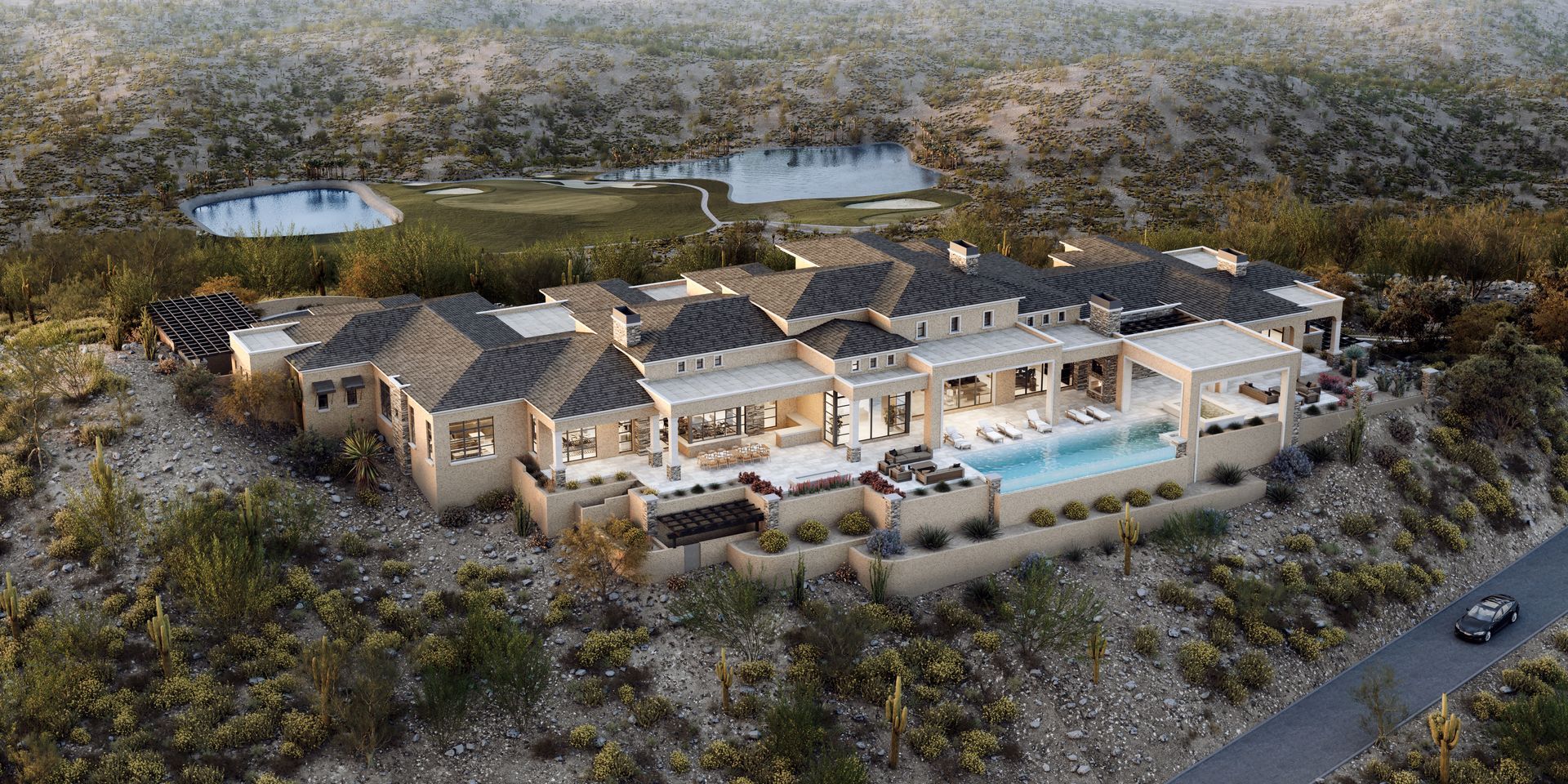
For many homeowners pursuing an estate level residence, the phrase turnkey luxury home building represents more than convenience. It reflects a comprehensive, highly refined process where architecture, interior design, construction, and project coordination are handled with precision from beginning to end. A true white glove luxury home building experience allows clients to focus on the vision of their future home while an experienced design build firm manages the intricate details behind the scenes. Turnkey luxury home construction is designed for individuals who value efficiency, discretion, and elevated service. Rather than coordinating multiple vendors, consultants, and contractors independently, homeowners work with a single unified team that oversees every phase of the custom home journey. Firms such as Fratantoni Luxury Estates are known for delivering this level of integration, combining in house architecture, interior design, and construction expertise to create seamless transitions from concept through completion.
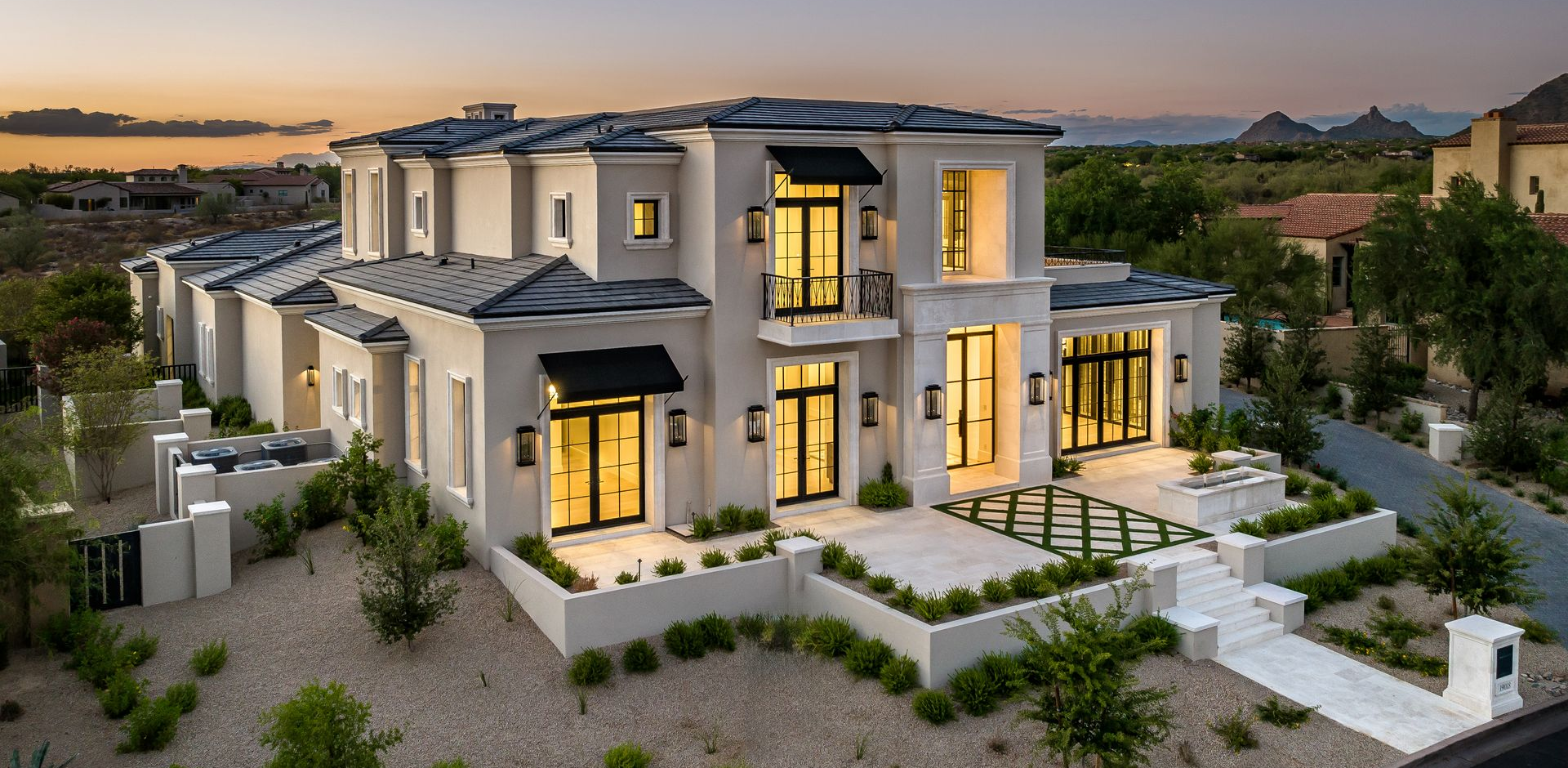
Choosing a luxury custom home builder is one of the most important decisions you will make when planning a new residence. This selection influences not only the finished home, but also the experience, craftsmanship quality, and long term value of your investment. For homeowners building an estate level custom home, the builder must deliver more than construction services. They must provide architectural expertise, elevated design coordination, precise project management, and a refined process that aligns with the expectations of high net worth clients seeking a truly bespoke residence. Understanding what defines a premier luxury home builder before signing a contract ensures that your project begins with clarity, confidence, and a strong creative vision. Many homeowners find that working with a firm experienced in both architecture and construction, such as Fratantoni Luxury Estates, provides a more cohesive and guided journey from the earliest concepts through final completion.

Choosing a luxury home builder is one of the most significant decisions you will make when creating a custom estate. For discerning homeowners, the stakes are high financially, emotionally, and architecturally. While glossy portfolios and impressive awards can be appealing, they rarely tell the full story of how a luxury home is actually designed and built. The truth is, not all luxury home builders operate at the same level, even if their marketing suggests otherwise. Understanding what truly separates an exceptional custom luxury builder from the rest can save you from costly mistakes, delays, and long term dissatisfaction. This guide walks you through what actually matters when selecting the right luxury home builder and what experienced, well informed clients look for beyond surface level credentials.
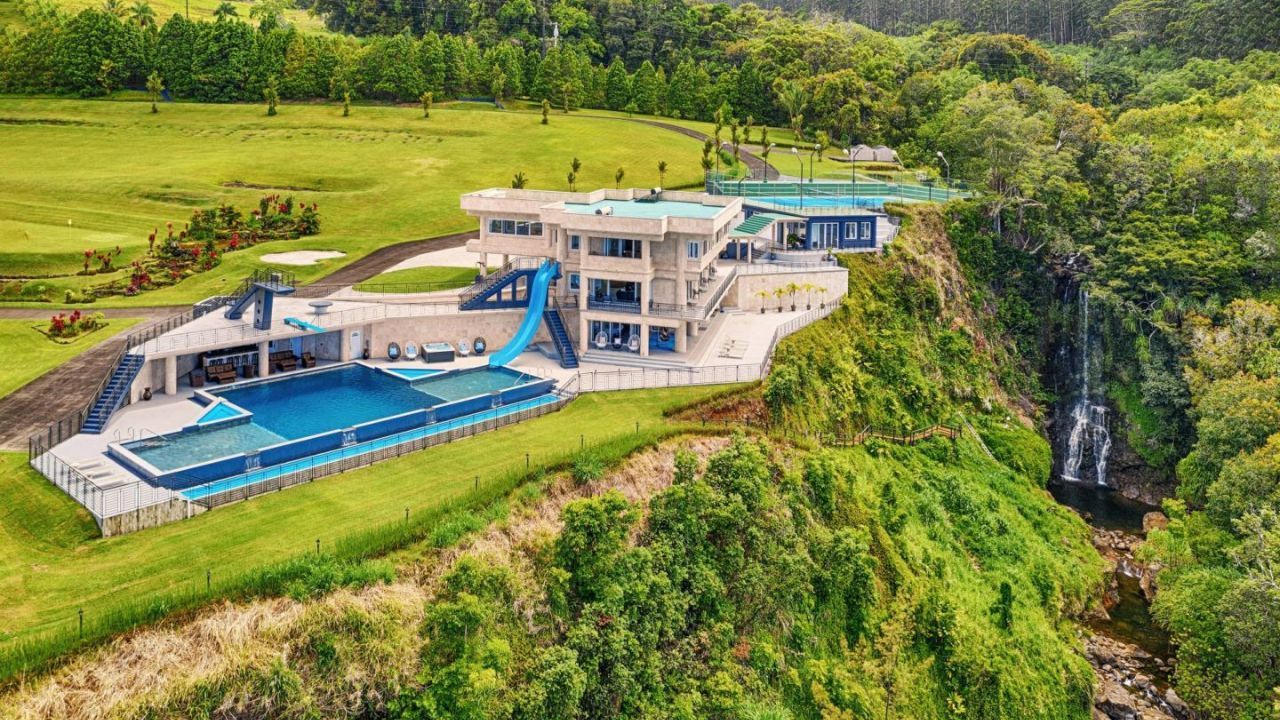
Luxury home building in 2026 is no longer defined by size, excess, or surface-level finishes. Today’s most discerning homeowners are seeking something far more meaningful: exceptional craftsmanship, thoughtful execution, and a builder who understands how to bring a highly personal vision to life with precision and care. At Fratantoni Luxury Estates, this philosophy has guided every custom home we build. True luxury is not about building more. It is about building with intention, experience, and uncompromising standards.

In luxury custom homes, architectural details define the experience of the space. Among the most impactful of these details are statement ceilings. Often referred to as the fifth wall, ceilings play a critical role in elevating a home from beautiful to exceptional. For discerning homeowners, the difference lies not only in the design itself, but in the builder’s ability to execute it flawlessly. At Fratantoni Luxury Estates, statement ceilings and architectural detailing are approached as integral elements of the home’s overall design, not decorative afterthoughts. These features require early planning, technical expertise, and a deep understanding of construction at the highest level.
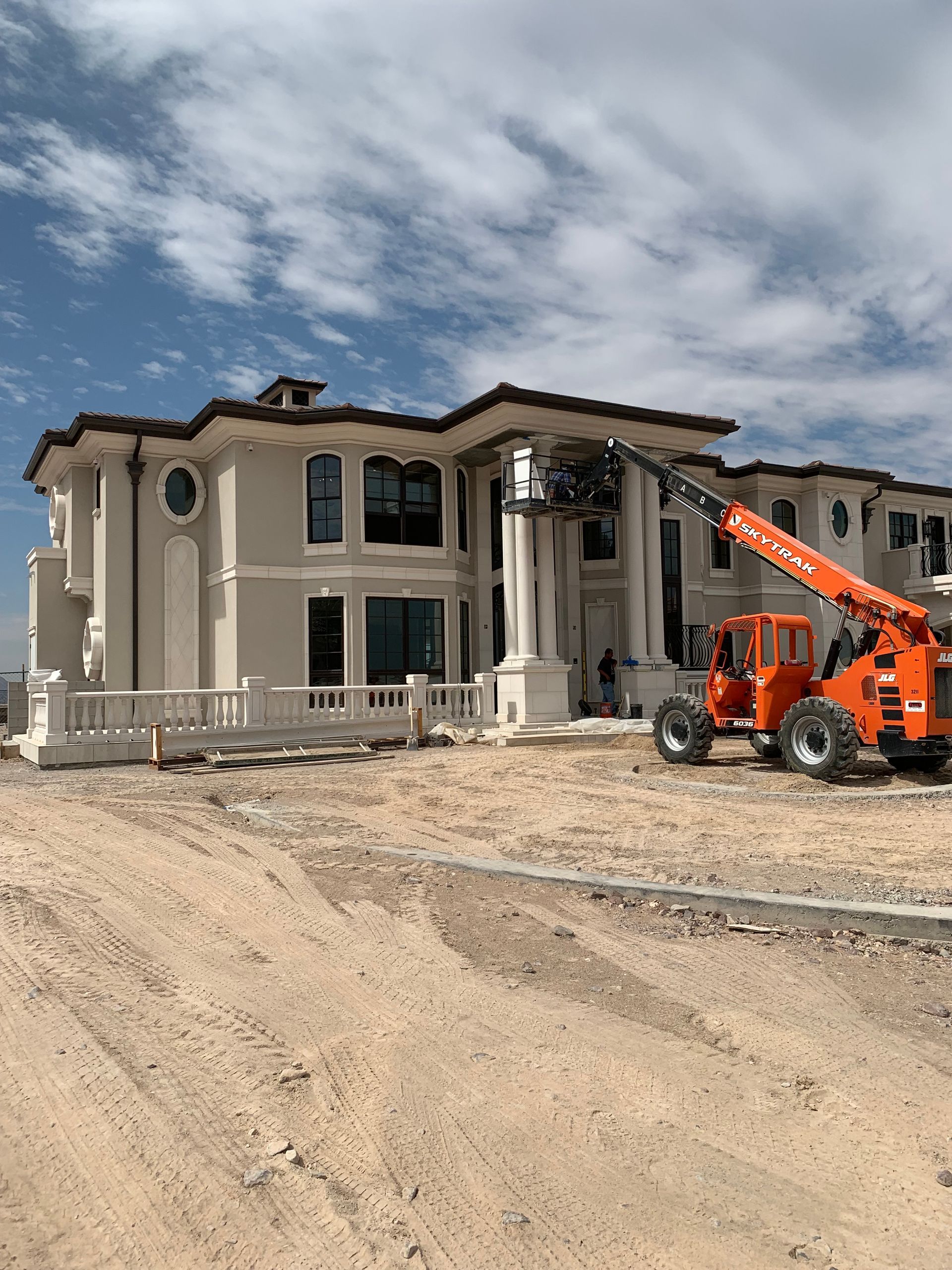
Building a luxury home is one of the most significant investments a family can make. It is not simply about square footage or finishes. It is about creating a residence that reflects your lifestyle, values, and long-term vision. In today’s market, working with a true luxury custom home builder has never been more important. As expectations for quality, personalization, and execution continue to rise, homeowners are increasingly seeking experienced luxury home builders who can deliver more than construction alone. Fratantoni Luxury Estates has spent decades setting the standard for custom luxury homes by combining craftsmanship, experience, and a deeply personalized approach to building.

When building a luxury custom home, most families are focused on creating a dream residence tailored to their lifestyle. At Fratantoni Luxury Estates, we specialize in designing and building custom homes that are timeless, functional, and personalized. But part of our expertise also includes helping our clients think strategically about long-term value. Even if you plan to live in your home for many years, making smart design and layout choices during the building process can help preserve or even increase resale potential down the road. Here are a few key elements to consider when building a luxury home with future resale in mind.



